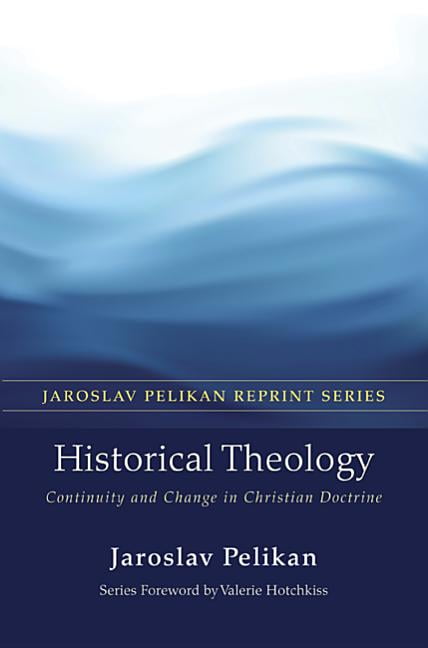


As Pelikan alludes to in the preface,n (p. Pelikan’s particular goal is to show how the doctrinal developments of the Reformation stand in fundamental continuity with the history of Christian doctrine both preceding and succeeding the era of the reformers. Jaroslav Pelikan’s The Christian Tradition: A History of the Development of Doctrine 4- Reformation of Church and Dogma (1300-1700) deals comprehensively with doctrinal fragmentation of the West during the late Middle ages as preserved and developed in the diverse churches generated by the Reformation. The Christian Tradition: A History of the Development of Doctrine 4- Reformation of Church and Dogma (1300-1700). Professor Pelikan's series marks a significant departure, and in him we have at last a master teacher.Pelikan, Jaroslav. "The series is obviously the indispensable text for graduate theological study in the development of doctrine, and an important reference for scholars of religious and intellectual history as well. No one interested in the history of Christianity or theology and no medievalist, whatever the field of specialization, will be able to ignore this magnificent synthesis."-Bernhard W. What is more important, however, then the astounding number of primary sources the author has consulted or his sovereign familiarity with modern studies on his subject, is his ability to discern form and direction in the bewildering growth of medieval Christian doctrine, and, by thoughtful emphasis and selection, to show the pattern of that development in a lucid and persuasive narrative. "This book is based on a most meticulous examination of medieval authorities and the growth of medieval theology is essentially told in their own words. Copious documentation in the margins and careful indexing add to its immense usefulness."-E. "In this volume Jaroslav Pelikan continues the splendid work he has done thus far in his projected five-volume history of the development of Christian doctrine, defined as 'what the Church believes, teaches, and confesses on the basis of the word of God.' The entire work will become an indispensable resource not only for the history of doctrine but also for its reformulation today.

"A magnificent history of doctrine."- New York Review of Books


 0 kommentar(er)
0 kommentar(er)
